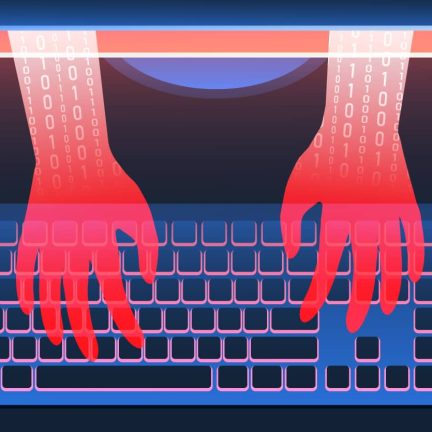
Strengthening information security
Law firms increasingly face numerous cybersecurity threats. To safeguard sensitive client information and maintain their reputation, it’s crucial for law firms to ensure that their employees are trained on information security best practices, says Nick Hayne, head of professional services at Quiss.
If law firms implement effective strategies to strengthen their employees’ knowledge and awareness of information security, they can avoid falling victim to malicious cyberattacks and avoid paying hefty fines
Develop a comprehensive training programme
Law firms should implement a comprehensive training program to educate employees about information security risks, policies and best practices. It should cover topics such as data protection, phishing attacks, password management, secure file sharing and social engineering awareness.
Both general cybersecurity training and specific guidelines relevant to the legal industry should be included. By regularly updating and reinforcing this training program, law firms can ensure that employees remain informed and vigilant in their day-to-day activities.
Tailor training to different roles
Different roles within a law firm may have varying levels of exposure to the various cybersecurity risks. Tailoring training programmes to specific job functions ensures that employees receive the training most relevant to their responsibilities.
For example, lawyers and paralegals may require training on securing client information and managing confidential documents, while IT staff may need specialised training on network security and incident response. Through targeted training, law firms can effectively address the unique information security challenges faced by different teams.
Foster a culture of security
Creating a culture of security is essential to ensure that information security practices become ingrained in every employee’s daily routine. Law firms should emphasise the importance of security measures and encourage a proactive approach to identifying and reporting potential risks.
Promoting a culture where employees feel comfortable asking questions, reporting incidents and staying updated on emerging threats, will help build a collective defence against cyber threats.
Conduct simulated phishing exercises
Simulated phishing exercises provide valuable hands-on training and help employees recognise and respond effectively to phishing attempts, which will undoubtedly occur.
Law firms can partner with managed service providers to create realistic phishing simulations that test employees’ ability to identify fraudulent emails, links and attachments. These exercises not only raise awareness, but also provide opportunities for targeted training and feedback to improve employees’ responses to potential threats.
Implement strong password policies
Passwords remain a crucial line of defence against unauthorised access. Every law firm should enforce password policies that require employees to create complex passwords, change them regularly and avoid using the same password across multiple accounts.
Training programmes will educate employees on the importance of password security and provide guidance on creating strong, unique passwords. Additionally, implementing multi-factor authentication adds an extra layer of protection to mitigate the risks of compromised passwords.
Regularly update and patch systems
Law firms must prioritise the regular updating and patching of software systems and applications to address identified vulnerabilities. Employees should be trained on the importance of promptly installing updates and patches to ensure their devices and applications remain secure.
Training should emphasise the potential risks associated with outdated software, as cybercriminals often exploit known vulnerabilities to gain unauthorised access.
In an era where data breaches and cyber threats pose significant risks to law firms, training employees on information security best practices is paramount.
By implementing a comprehensive training program, tailoring it to different roles, fostering a culture of security, and remaining current with emerging threats, law firms can ensure their employees are well-equipped to protect client information, maintain the integrity of their organisation and protect their hard-earned reputation.



